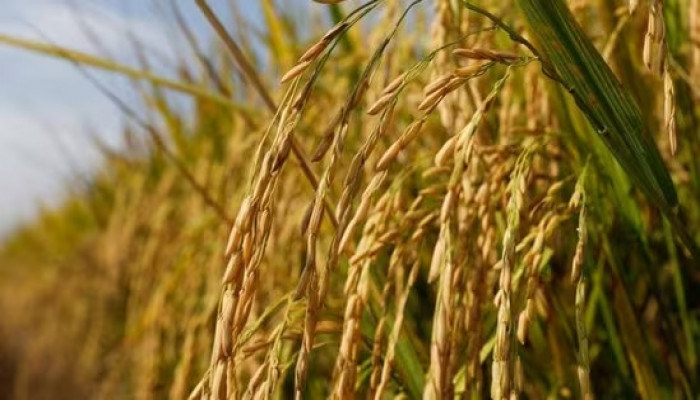India’s rice stocks in state-owned granaries have reached a record high, nearly four times the summer buffer target. The Union government is exploring measures to decrease inventories in the world’s second-biggest producer, which anticipates a strong crop yield this year, according to an official. In July of last year, the government implemented a ban on the export of non-basmati white rice to mitigate high food inflation, particularly concerning cereals, thereby enhancing local supplies.
Despite a 7% decrease in procurement during the current season, the Food Corporation of India (FCI), the state-run grain purchaser, currently maintains significant rice surpluses. “Procurement” refers to the FCI’s acquisitions of cereals at minimum support prices. The government is required to have 13.

5 million tonnes of rice as buffer stock beginning July 1. Currently, FCI has nearly 50 million tonnes of grain, including 18.2 million tonnes with millers.
The government needs to reduce stocks to accommodate this year’s summer-sown or kharif harvest. Anticipating a good rice crop, as predicted by the India Meteorological Department, with the June-September monsoon forecasted to be above average. Farmers typically commence planting rice in June and July with the arrival of the rainy season, and harvesting typically begins in October.
New season purchases by the FCI would contribute to further increasing rice inventories in its warehouses. To address the disposal of at least 15 mill.























